EWB On The Ground Appeal 2021
As the pandemic spikes across the Asia Pacific region, EWB is on the ground supporting vulnerable communities - with YOUR help! Please Donate Today!Case numbers of COVID-19 are spiking across the Asia Pacific region. The “case identification
per day” rate in Cambodia increases by a hundred every other day.
Since the pandemic started more than a year ago some NGO’s and overseas aid organisations have had to reduce or
completely suspend their programs, with international staff and volunteers repatriated for their own safety;
a tragedy-in-the-making when international aid is more important than ever.
Fortunately, EWB is still on the ground. Right now.
And we’ll be there, working in these communities beyond COVID, beyond floods, beyond tomorrow.
EWB is able to continue work with these communities thanks to our commitment to and investment in skilled local staff.
In Cambodia. In Timor-Leste. In Vanuatu.
EWB IS NOT GOING ANYWHERE. NOT WITH EWB CHAMPIONS LIKE YOU.
More than ever, the communities EWB work with need YOUR support.
SREIMOM and the ACCESSIBLE MOTO project –
Just one vital way EWB is On The Ground right now
Concerns around contagion are rising among rural Cambodians. Sreimom’s story shows why EWB’s work must continue. There are just too many people in too many places impacted by the pandemic in ways we don’t even think of here in Australia.
Sreimom lives and works in Pursat province, rural Cambodia as a teacher at a local NGO.
She is a wheelchair user, heavily reliant on her family and local drivers for transportation.
Family members would have to lift her onto a motorbike-taxi or drive her to work (where a second wheelchair was needed). This is expensive, costing nearly three times the Cambodian average monthly transport cost of US$11. Given the typical disposable income for any of the 1.5 million Cambodians living with disability is less than $22 per month, this presents a very real challenge.
With concerns rapidly growing around the pandemic, people’s need to maintain a safe social distance has made travel for Sreimom even more difficult. Lack of available, accessible, flexible transportation has limited Sreimom’s ability to take part in her community, help her family in the ways she wanted, get to work or carry out ordinary everyday activities like shopping at the local market.
More than ever, projects like these in the communities EWB work with NEED YOUR SUPPORT.
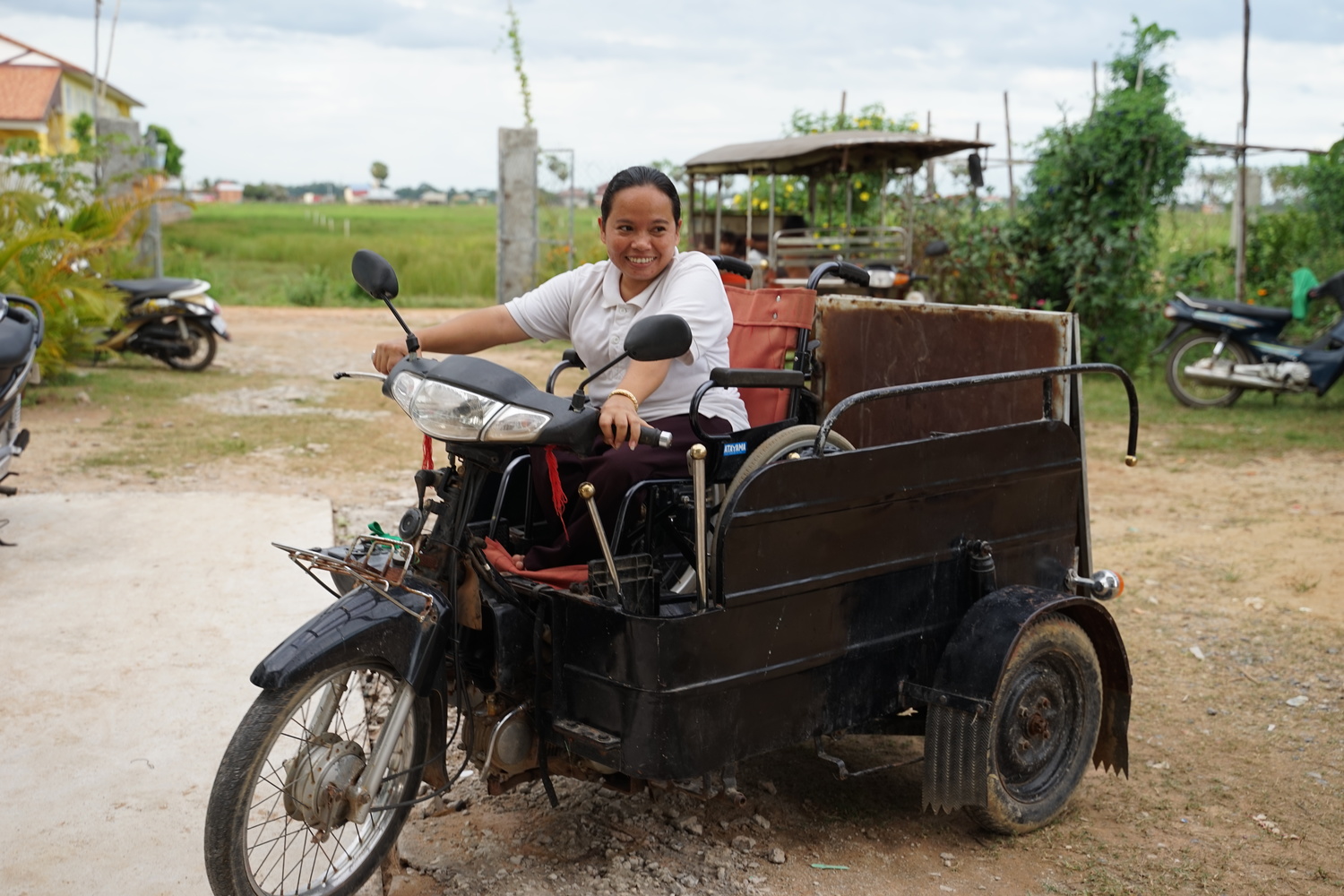
“… the Accessible Moto is very helpful with
COVID-19… we need to stay apart from each other. I can use the Moto to travel independently, without going close to anyone!”
The Accessible Moto prototype, developed in conjunction with partner organisation Light For
The World Cambodia, is a kind of hybrid tricycle/cart/motor-bike. It is affordable. It is simple to use. It’s simple to maintain.
It has changed Sreimom’s life.
Despite the restrictions imposed by the COVID spike Sreimom can get to work, to the hospital, she can help her family, she can attend the pagoda for religious ceremonies, she can collect items from the market, take children to school and even “cruise around Pursat Province whenever and wherever she needs to…”
Sreimom now has the freedom she needs.
Over the coming year EWB will trial more prototypes with a range of users who live with mobility challenges in a range of environments. We’ll be building, testing and improving new models that have the potential to provide not just freedom but livelihoods for people often ignored or relegated to the edges of their communities.
Ultimately we aim to upskill local teams to not just maintain but build the Accessible Moto, creating jobs for people living with disability and promoting the Moto to the wider community as a safe, reliable, affordable and, even, desirable transport option!
In projects like this, and the many others throughout the Asia Pacific region, EWB’s consultative Tech Dev Approach (TDA) ensures
that PEOPLE LIVING WITH DISADVANTAGE ARE ABLE TO CHANGE THEIR STORY, to take control of their lives and to play a meaningful role not just in their own futures but the future success of their communities.
EWB On The Ground, With YOUR HELP…
Want to know more about THE DIFFERENCE YOUR SUPPORT MAKES?
Here are just a few examples of the challenges faced by the communities EWB work with and the co-designed projects we’ll be carrying out to write new stories with and for those communities:
Supporting the MOTO from here in Oz
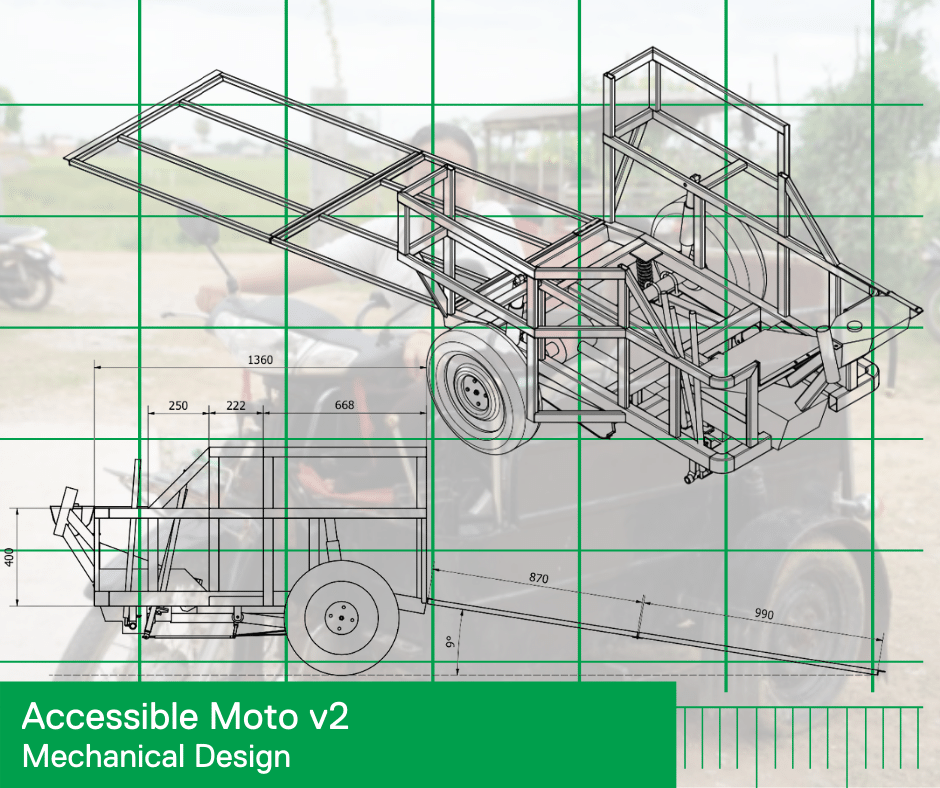
EWB responds to Timor-Leste floods
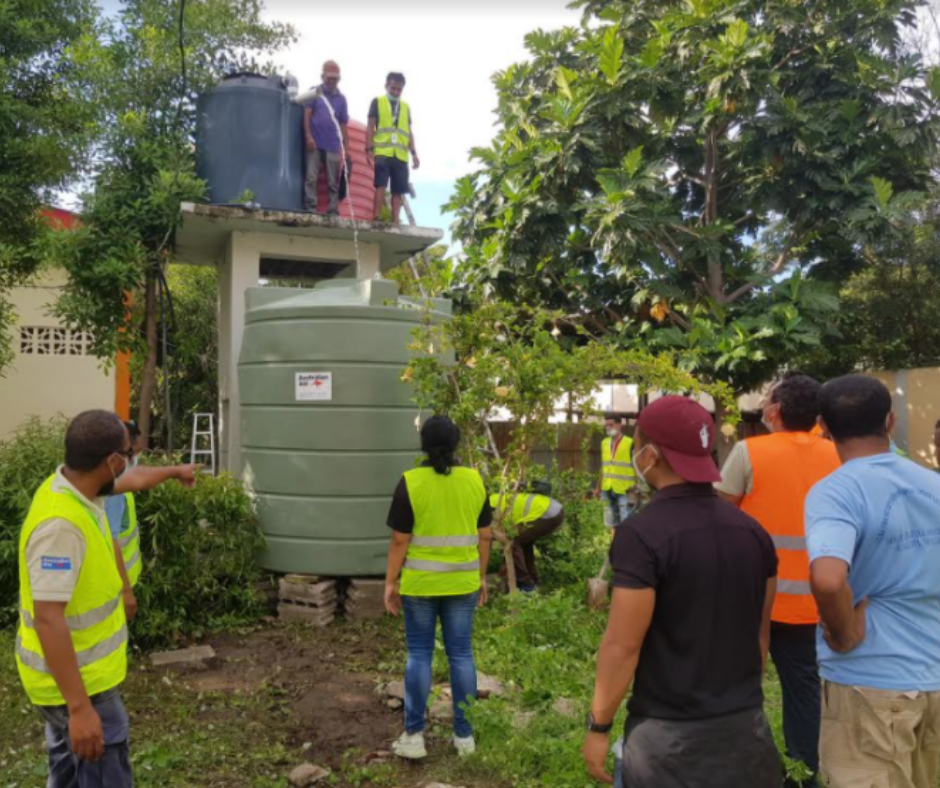
Supporting the nation’s Covid-19 education response
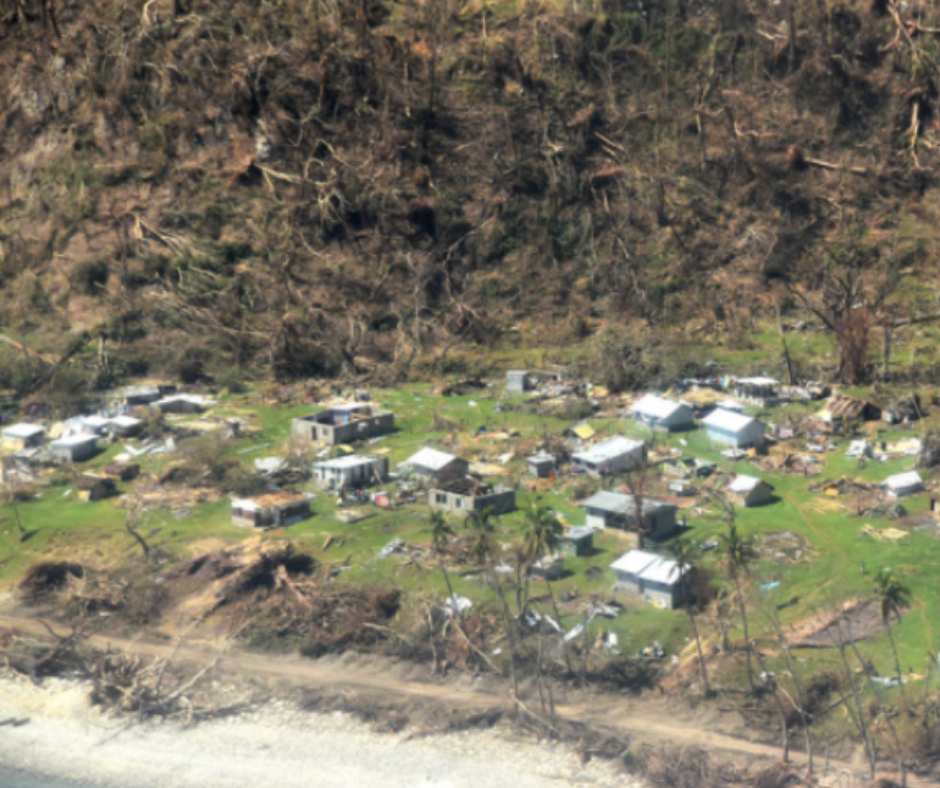
After a disaster like Cyclone Harold in Vanuatu, in the aftermath and the years that follow, EWB is there building resilience at a community level and policy at a governmental level.
Your donation now has 10x the impact!*
hen you donate to EWB’s On The Ground appeal you are helping EWB maintain, resource and support teams of talented technical experts and local volunteers in Cambodia, Timor-Leste and Vanuatu. You’re helping EWB coordinate volunteer efforts, deliver programs, finish projects and start new ones, to innovate, invent, support and solve throughout Asia and the Pacific.
Your support here in Australia has made a huge difference overseas.
With the pandemic a worsening reality for the Asia Pacific region, the communities EWB work with need every gesture, every thought, every spare cent of impact we can deliver to them. They need a way through this.
No matter the size, you can make a difference, again.
Right now.
Your support, now and tomorrow, will help vulnerable communities build their own ways forward.
* – Every donation made to the EWB On The Ground appeal will be combined with funding from the Australian Government. We have committed to contribute $1 in donations from the Australian public for every $10 received from the Australian government. Your donation will allow us to extend our programs so as to reach even more people, even more communities over the coming year.
COVID-19 and the SDGs
The United Nations’ Sustainable Development Goals (SDG) report outlines global challenges that need addressing, and that are addressed through the EWB’s work in partnership with vulnerable communities in Asia and the Pacific.
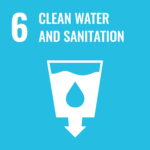
Clean, accessible water for all is an essential part of the world we want to live in.
· 785 million people remain without basic drinking water
· 2 out of 5 people worldwide do not have basic hand-washing facilities at home
· 1 in 4 health-care facilities worldwide lack basic drinking water services
· By 2030, 700 million people could be displaced because of water scarcity
· 2 billion people live in countries experiencing high water stress
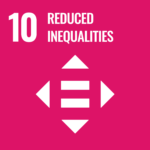
To reduce inequalities, policies should be universal in principle, paying attention to the needs of disadvantaged and marginalized populations.
COVID-19 has deepened existing inequalities, hitting the poorest and most vulnerable communities the hardest. It has put a spotlight on economic inequalities and fragile social safety nets that leave vulnerable communities to bear the brunt of the crisis. At the same time, social, political and economic inequalities have amplified the impacts of the pandemic. (UN Sustainable Development report)
· 1 in 10 children live with a disability
· Persons with disabilities are up to 5 times more likely than average to incur catastrophic health expenditures
· Only 28% of persons with significant disabilities have access to disability benefits globally, and only 1% in low-income countries
· Of the 1 billion population of persons with disabilities, 80% live in developing countries
Read about EWB’s recent overseas work including: electric mobility in rural Cambodia, work on water guidelines in Vanuatu, wetlands sanitation on the Tonle Sap, and how demonstration toilets inform socialisation and strengthen community.
If you have any questions about this appeal or EWB’s fundraising activities, please don’t hesitate to contact donors@ewb.org.au

